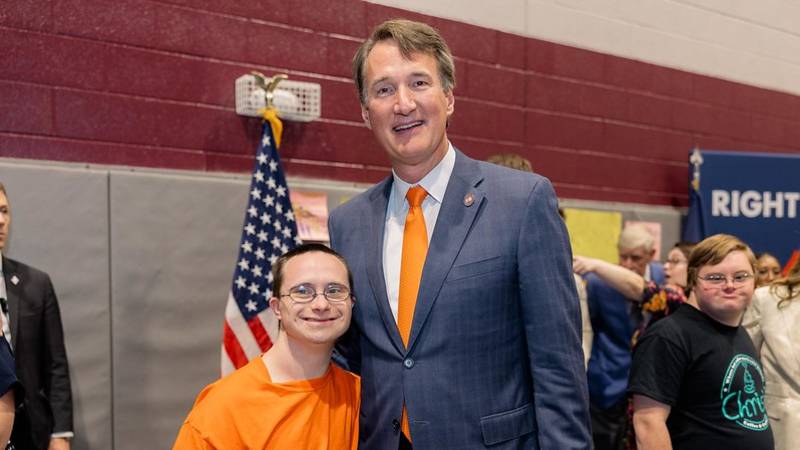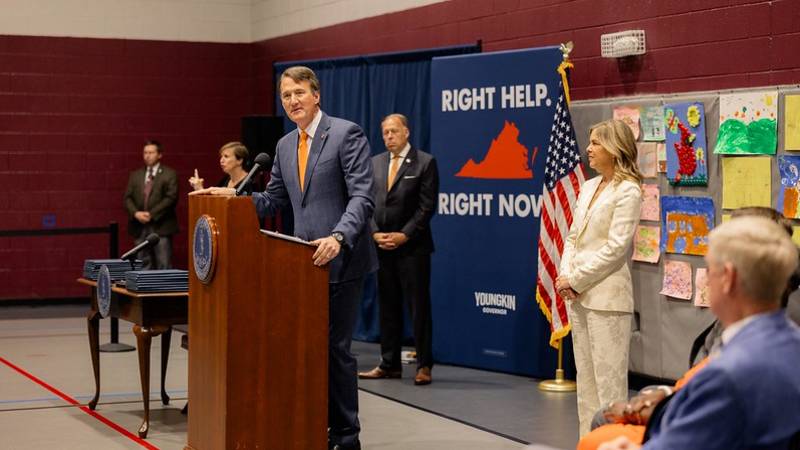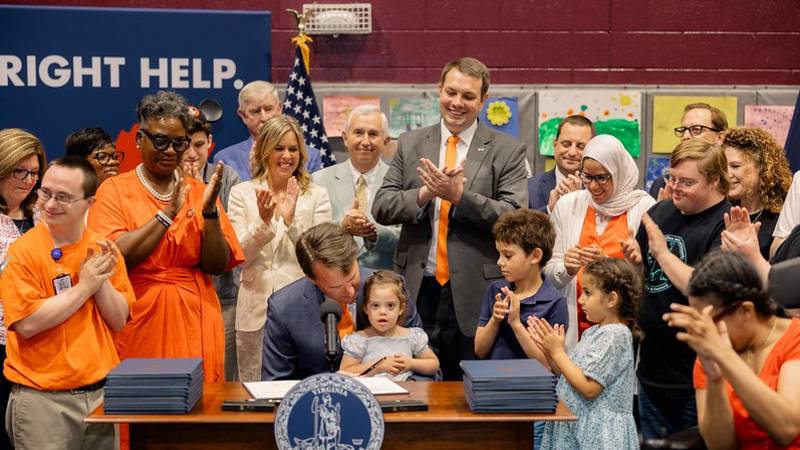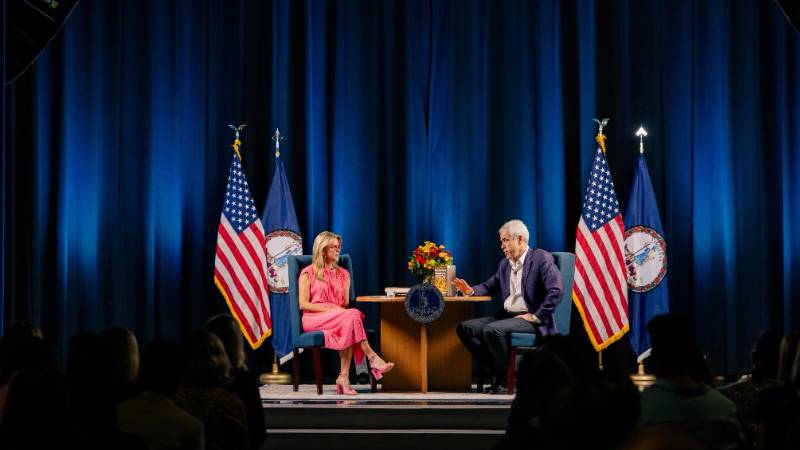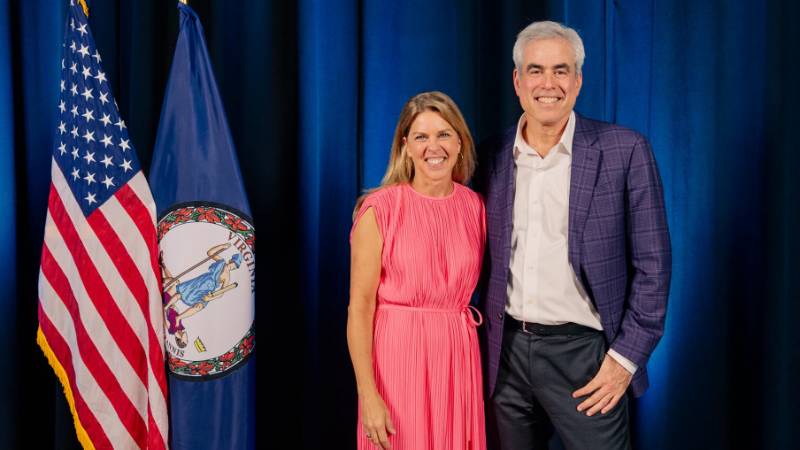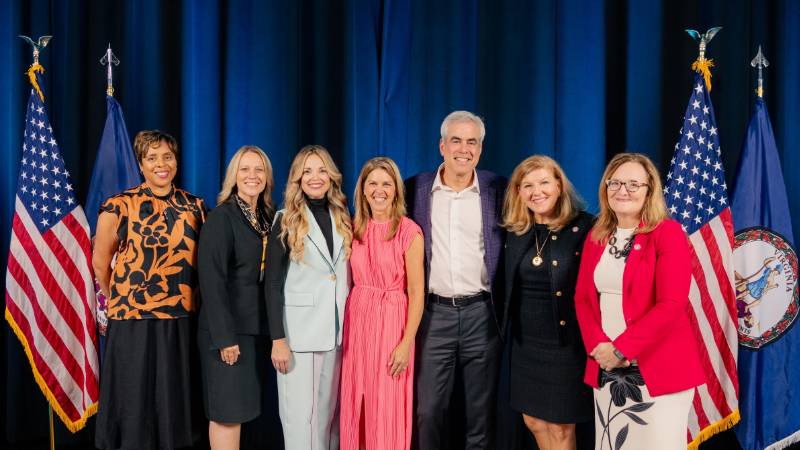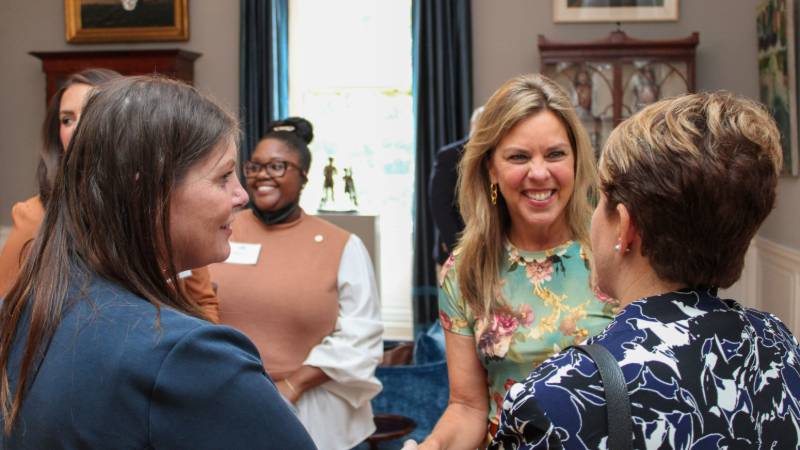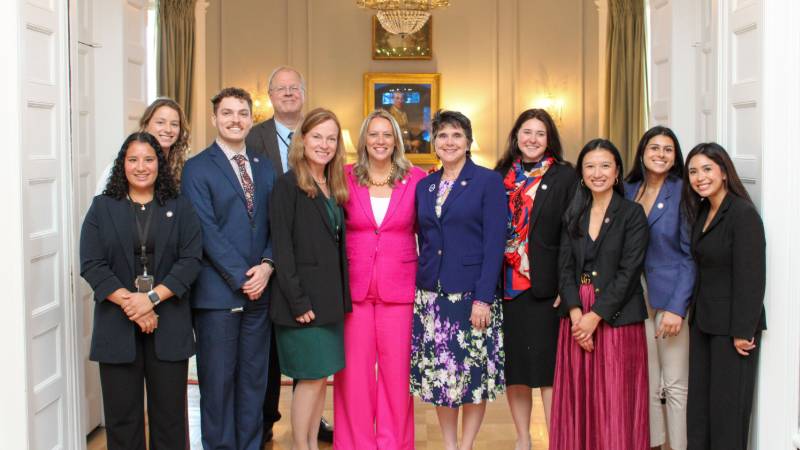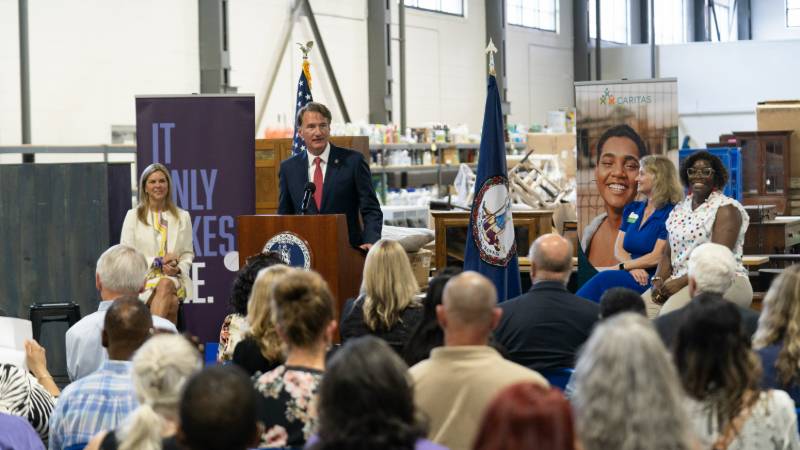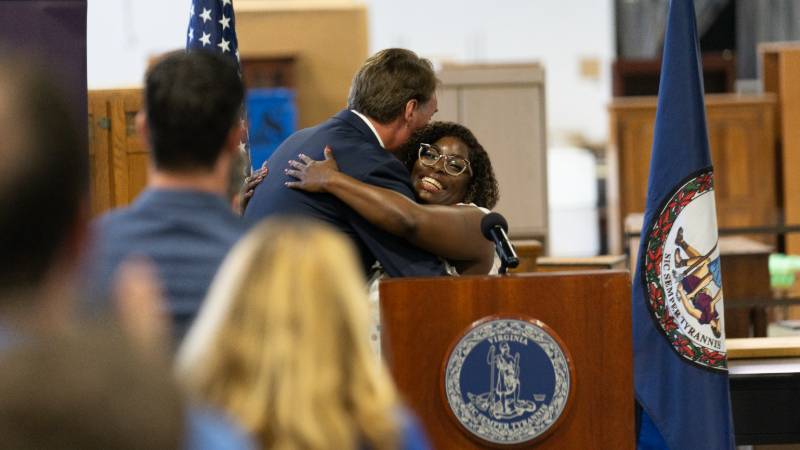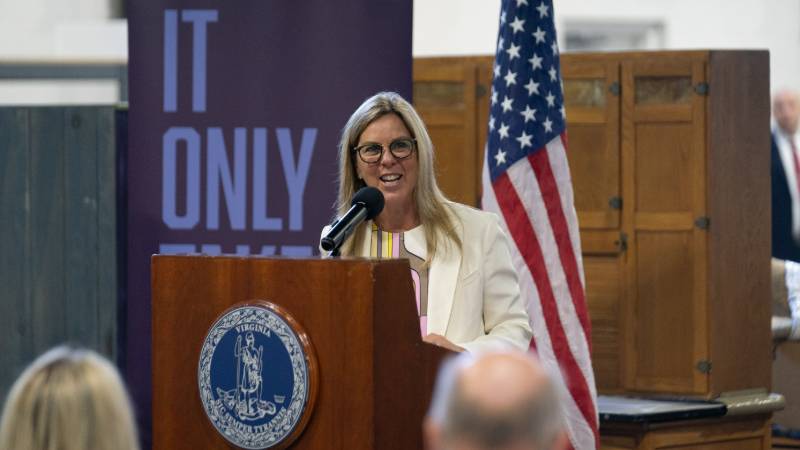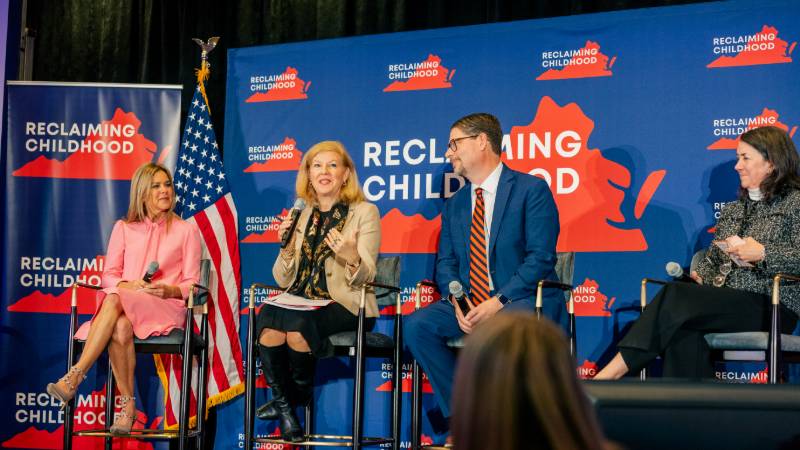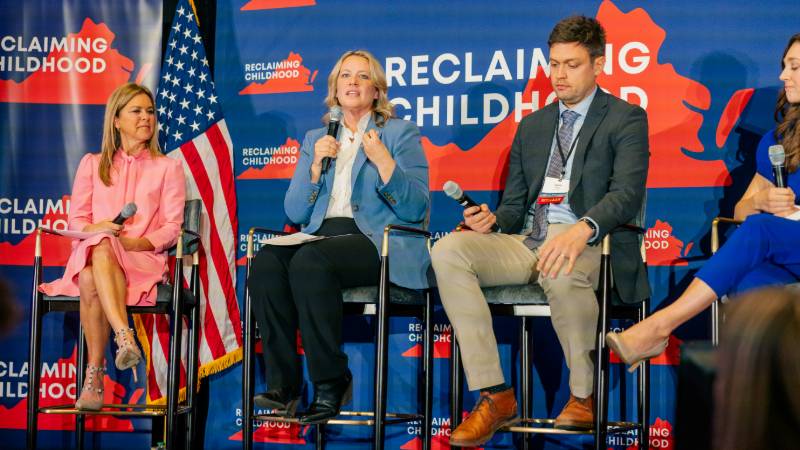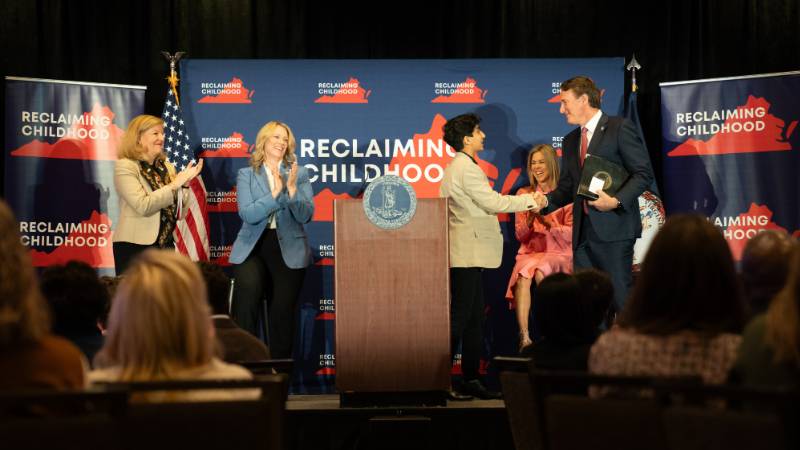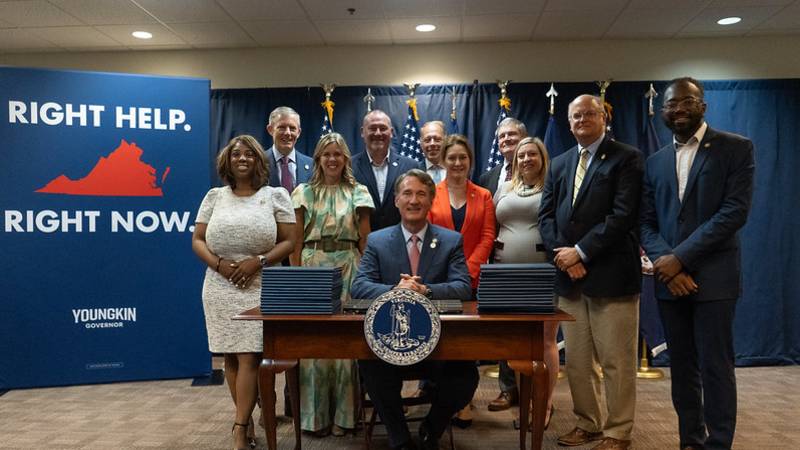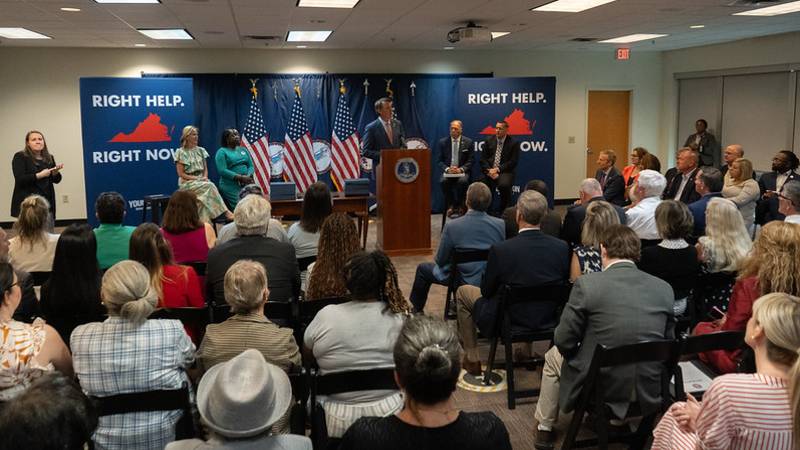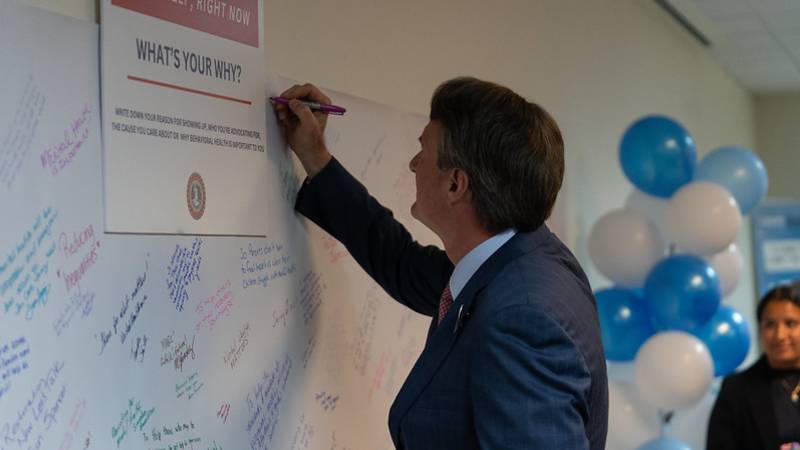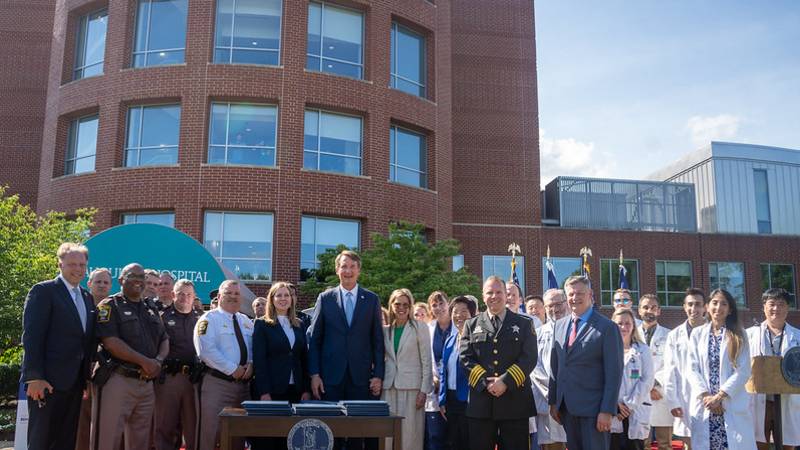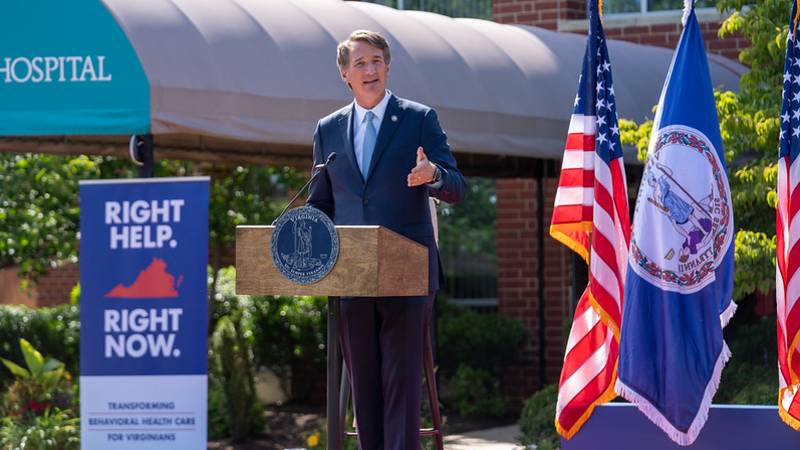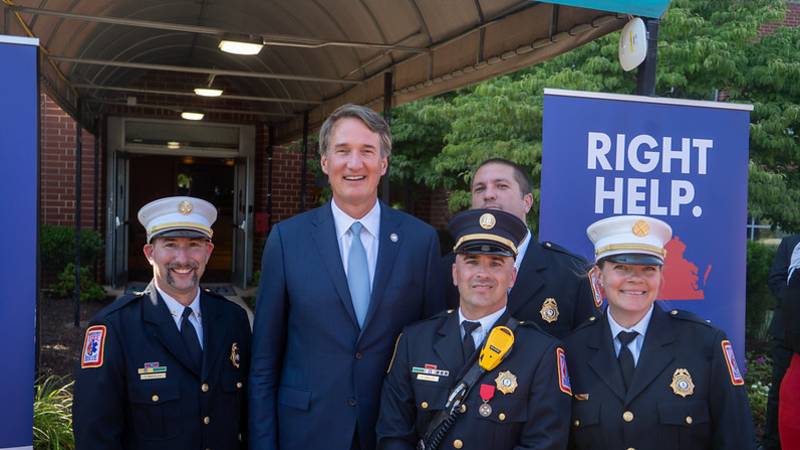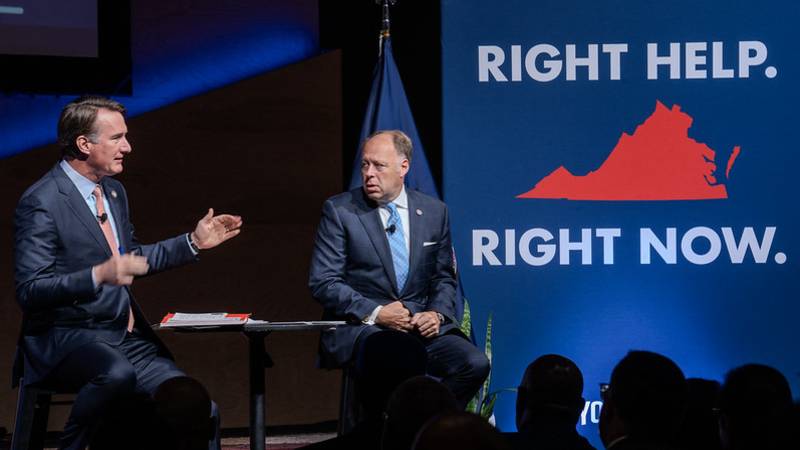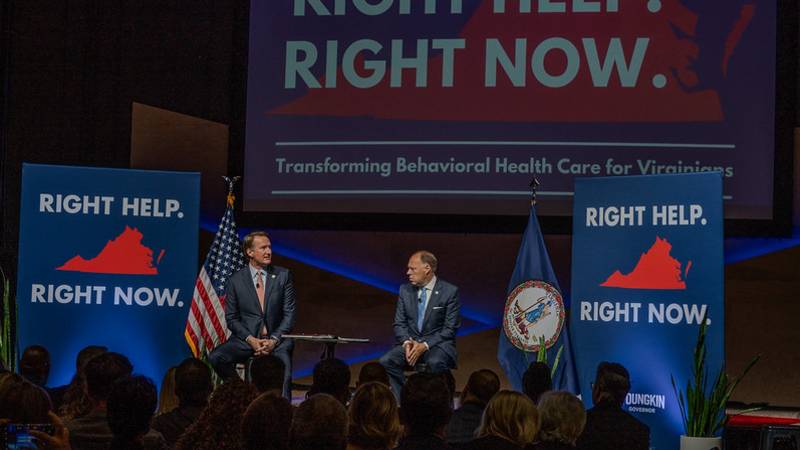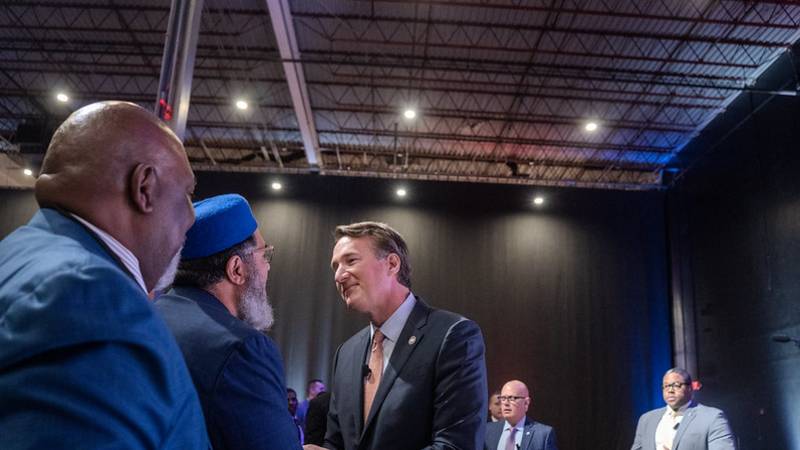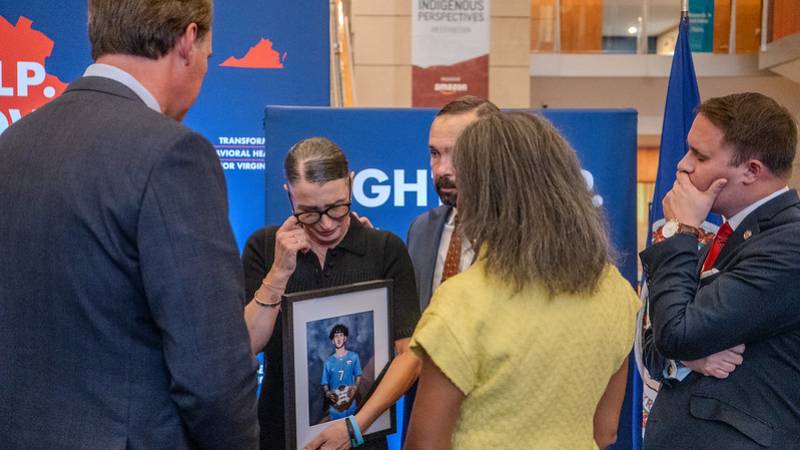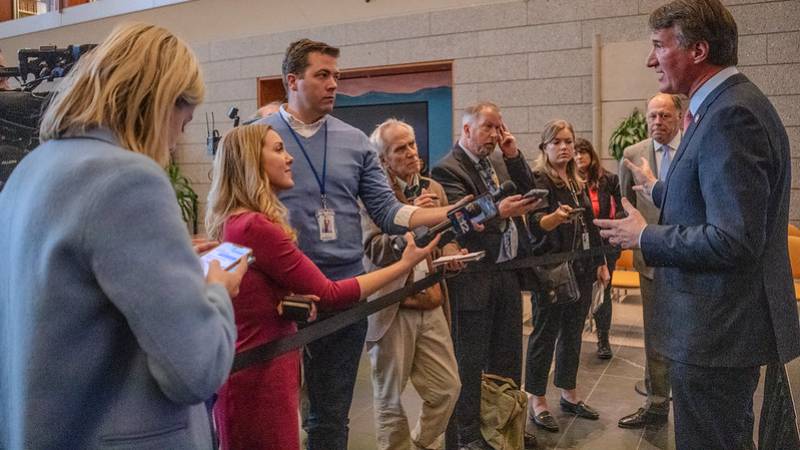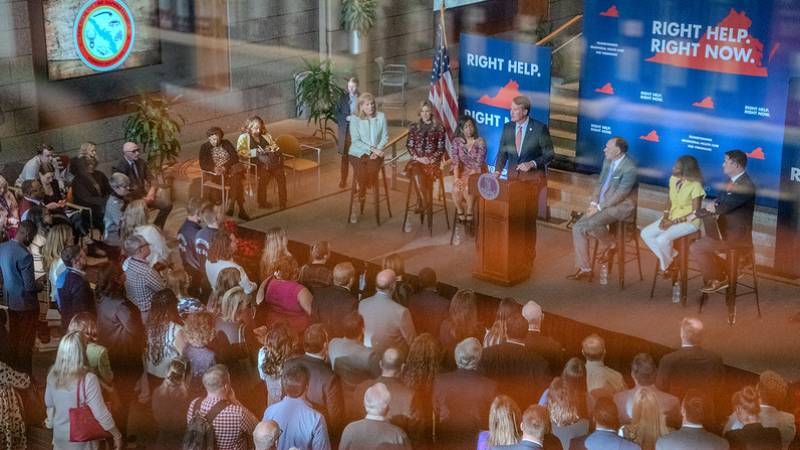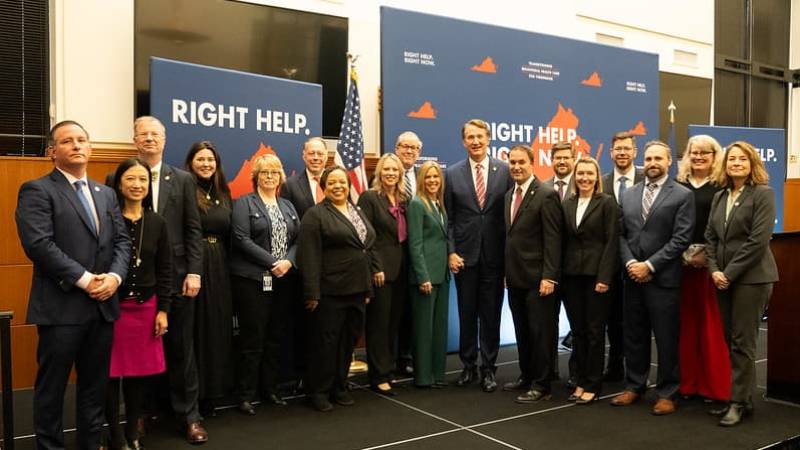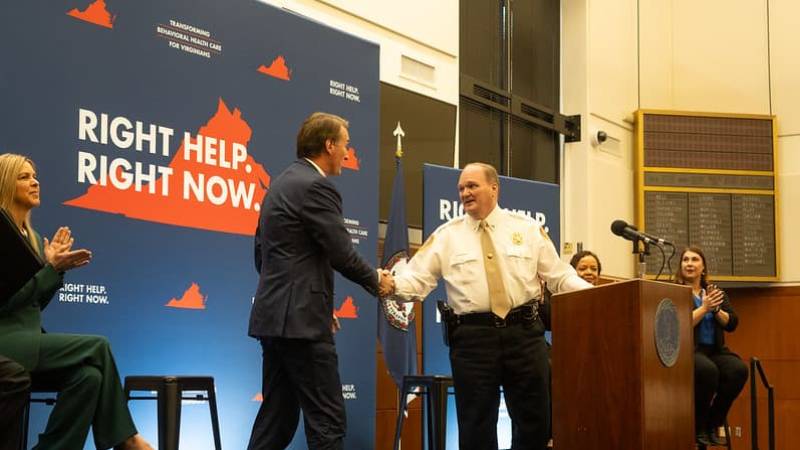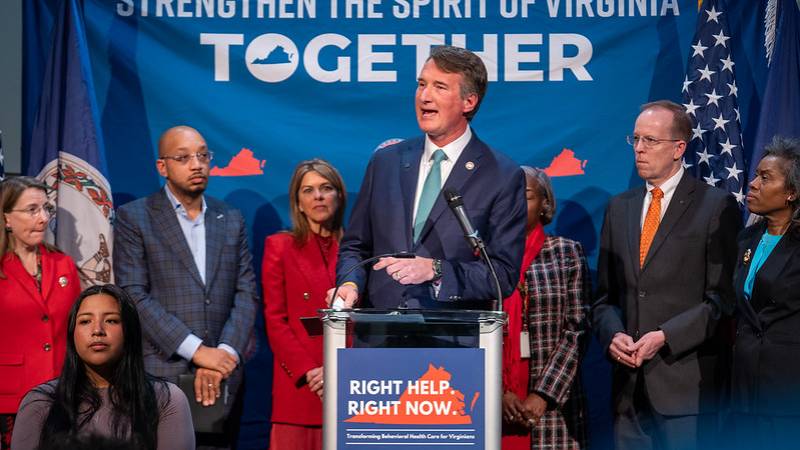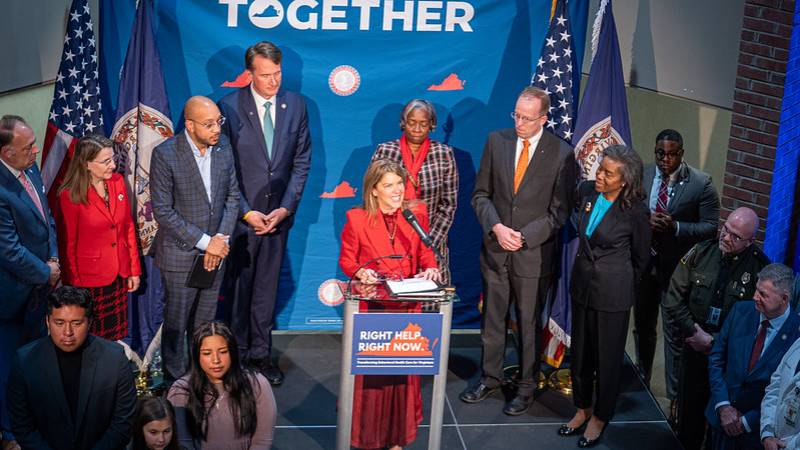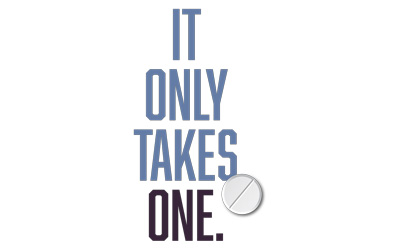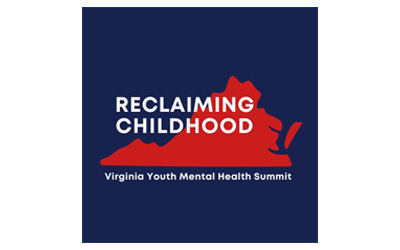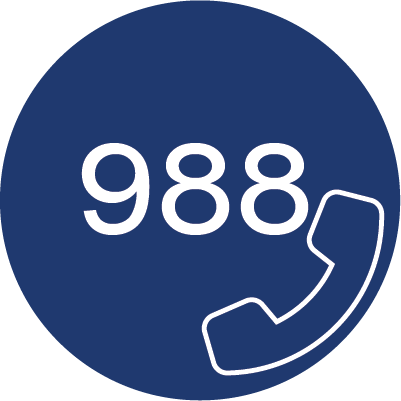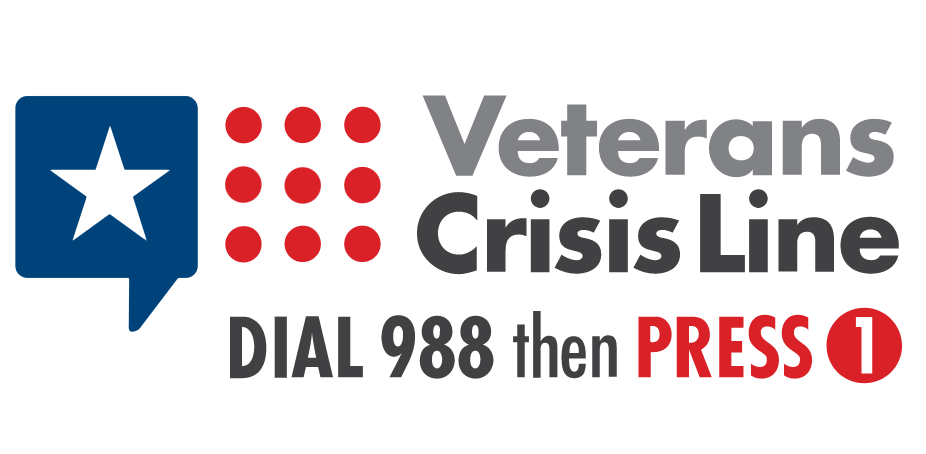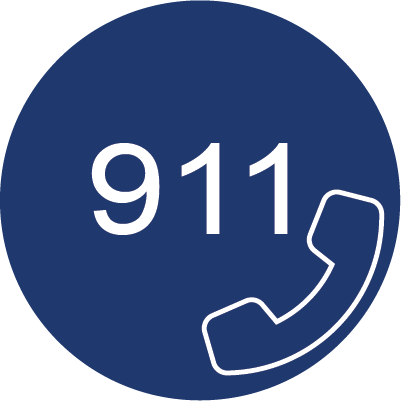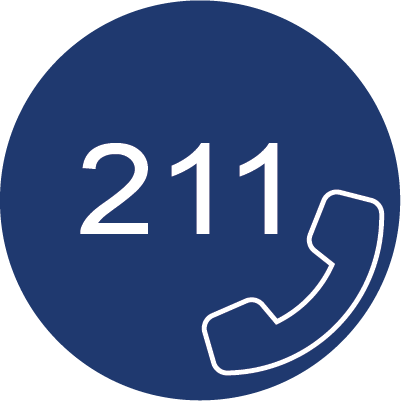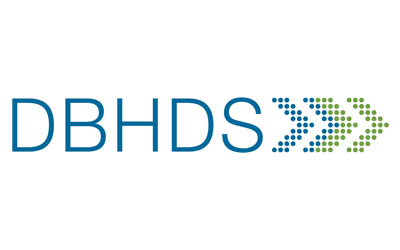Veterans can access free, 24/7 support by calling 988, then pressing 1, texting 838255, or chatting (VeteransCrisisLine.net) — no VA benefits required.
A Transformational Behavioral Health Plan for Virginians
Governor Glenn Youngkin’s Right Help, Right Now plan ensures Virginians get immediate behavioral health support before, during, and after a crisis. By expanding 988, mobile crisis units, and crisis centers, it improves care for children, adults, and families, reduces emergency department strain, and supports law enforcement. The plan also strengthens substance use disorder treatment and mental health services, positioning Virginia as a leader in behavioral health reform.
Right Help, Right Now in Action
Explore photos from events, milestones, and community impact moments across Virginia as part of the Right Help, Right Now behavioral health transformation.
Click the white arrows on the left and right sides of each image to scroll through the carousel.
Official photos by Christian Martinez, Lori Massengill, and Austin Stevens, Office of Governor Glenn Youngkin.
The Six Pillars of Behavioral Health Transformation
Right Help, Right Now is guided by six key pillars focused on crisis response, law enforcement support, community services, substance use prevention, workforce development, and service innovation.
Pillar One
Ensure same-day care for behavioral health crises
See More
- Expand 988 hotline and mobile crisis teams.
- Implement the CrisisNow model for better crisis care.
- Build more crisis stabilization units.
Pillar Two
Reduce law enforcement burden and behavioral health criminalization
See More
- Streamline temporary detention order (TDO) discharge.
- Allow physicians to discharge TDOs when appropriate.
- Fund in-hospital monitoring alternatives.
Pillar Three
Expand system capacity, emphasizing community-based services
See More
- Increase community-based care before, during, and after crises.
- Expand telebehavioral health services.
- Strengthen school-based mental health programs.
Pillar Four
Strengthen support for substance use disorders and overdose prevention
See More
- Expand mobile treatment units for substance use.
- Invest in fentanyl overdose prevention.
- Reduce barriers to recovery and re-entry.
Pillar Five
Prioritize the behavioral health workforce, especially in underserved areas
See More
- Expand recruitment and training efforts.
- Increase pay and support for providers.
- Fund education for mental health professionals.
Pillar Six
Innovate services and close gaps in prevention, crisis care, and recovery
See More
- Simplify administrative processes.
- Improve provider network alignment.
- Develop outcome-based Medicaid payments.
Learn More: Resources and Updates
Stay Informed on Virginia’s Right Help, Right Now Behavioral Health Transformation
Download plans, reports, and handouts, review recent milestones, and explore past newsletters tracking progress.
Downloadable Information
- Right Help, Right Now Plan
- Right Help, Right Now Pillars Deep Dive
- Right Help, Right Now Two-Page Overview
Recent Updates
- December 11, 2024: Right Help, Right Now Two-Year Anniversary Handout
- December 14, 2023: Right Help, Right Now Year One Report
- June 14, 2023: Right Help, Right Now Bill Signing Handout
Newsletters
Stay informed on Virginia’s behavioral health transformation, from expanded care to stronger crisis response. Register now to receive updates from across the Commonwealth.
Right Help, Right Now Press Releases
Explore the most recent Right Help, Right Now press releases highlighting key milestones and initiatives.
